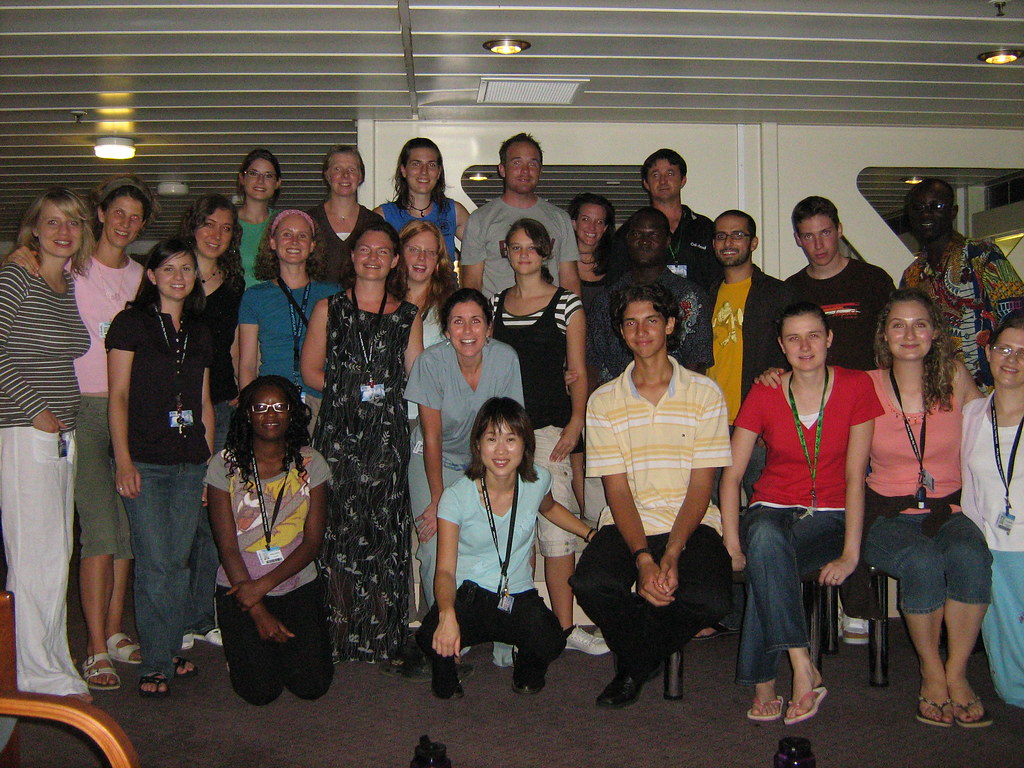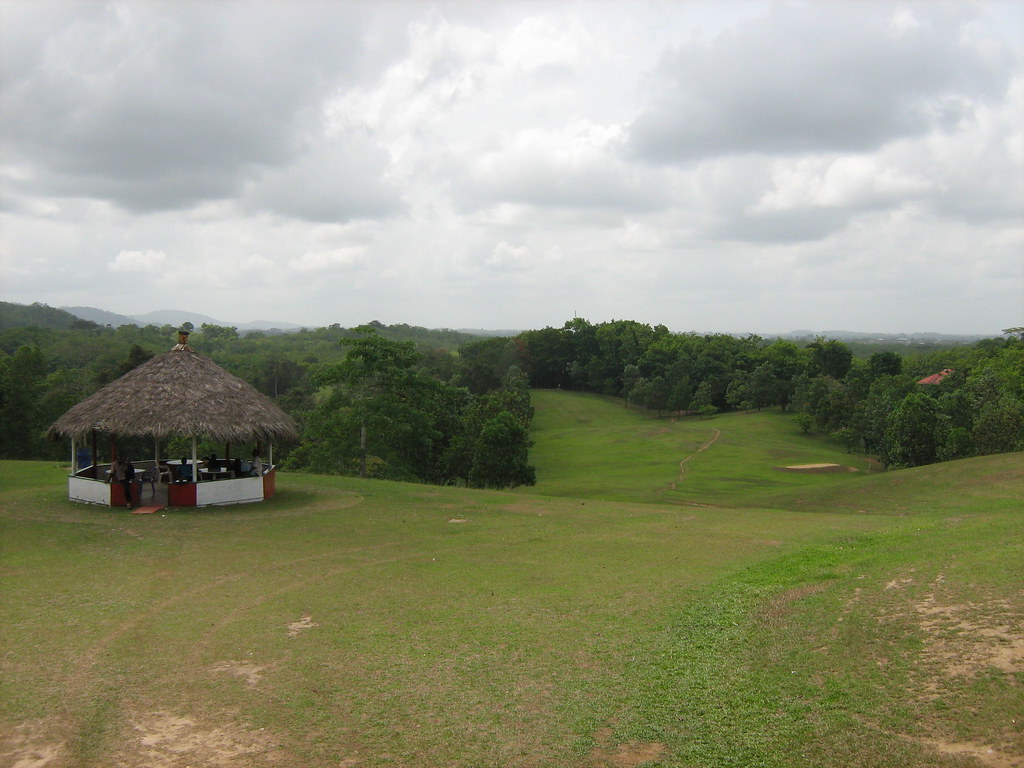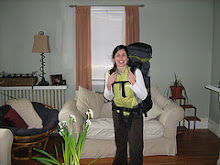Though I have no photos to share, I wish to paint a mental picture for you of a very special group of women that I had the privilege of caring for over the course of my last two weeks on board the ship. These women, known as our VVF patients, have suffered more atrocities related to their Vaginal Vasicular Fistulas than words can describe.
Essentially, the abbreviation VVF is used to describe the experience of having internal wounds that lead to a life of incontinence. Either planning a family or having been raped during the brutal war, these young women find themselves pregnant without any perinatal care. Remembering that many of these females are small in stature because of their youth and/or years of malnutrition, they often find that labor is complicated. If the infant is too big, or the mother is simply not progressing, the baby gets stuck and dies in the birth canal. The expectant mother, now mourning the loss of the dead child inside, may still be forced to labor for over a week before the lifeless body is passed. This "hard labor" causes a series of tears between either the bladder and the vagina, the rectum and the vagina, or a combination of both. In any case, these young, once vibrant women are left to deal with the humiliation of a life leaking stool and urine. They are often rejected by their husbands, and because of their odor, become outcasts in their own society. Many of these women lose hope and attempt to take their own lives.
This is where Mercy Ships offers a glimmer of hope. A special screening takes place, followed by a campaign to restore the lives of these women with corrective surgery. Though the surgery is relatively simple and high tech, success is not a given. In fact, nearly 90% of the women we served were back for a second or third attempt. Scar tissue is often the greatest barrier to such success, as it complicates both access to the fistulas as well as healing post operatively.
The VVF women are admitted the night before surgery, are bathed, prayed for, and prepped. Surgery can vary from one hour to five, depending on the severity of the fistulas. Confirmation of success is available within hours of surgery, as either a dye test is administrated or apparent leakage is noted. As you might imagine the post operative hours are incredibly emotional, as we anxiously await the result.
It was within these hours that I found myself most challenged. Though we rejoiced with those who were now "dry', we ached for those who would have to face life incontinent once again. I followed these women, some as young as 18 and others as old as 50, throughout their two week post operative stay on board the ship. We got to know and trust each other in ways most never experience. They taught me resilience. They shared strength and perseverance. I only hoped to show them love, respect, and hope.......
And speaking of hope, I did get to attend one "dress ceremony" for two of the women I cared closely for. Their surgeries were successful and for the first time in as much as 15 years these two were "dry". Mercy Ships provided them with beautiful new dresses and head pieces. They came into the room dancing and singing praises to God, with the biggest smiles and crocodile tears physically possible. When they finished their dance they each gave their personal testimony of thanksgiving to God for his undying faithfulness in their lives. They were now free....free to resume their place in society...free to dance under the massive African sky....
























